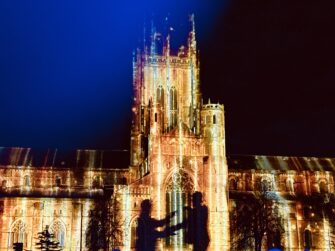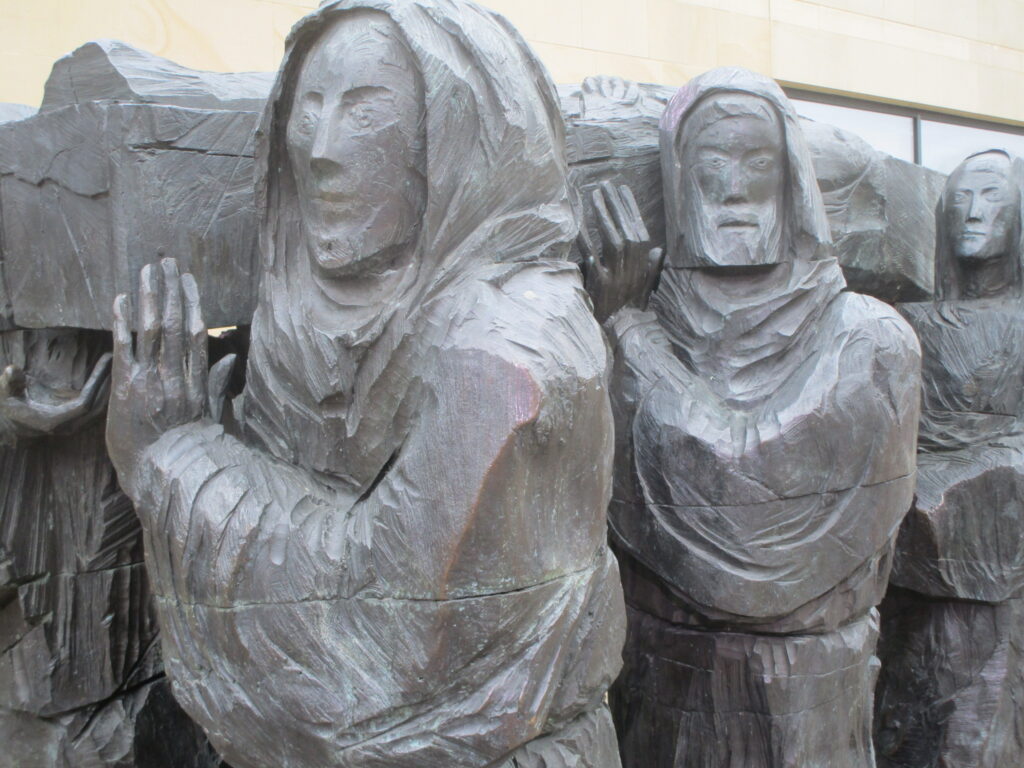
The dawn of Christianity remains imprinted on the landscape of County Durham and Northumberland. There are over 100 ancient, stone churches, many dating from the Saxon period, plus various spiritual sites, and pilgrimage routes.
The region is now celebrating its ancient heritage with six new pilgrim routes, known collectively as The Northern Saints. The linear walking trails, based on ancient pilgrimage pathways, chart the spiritual history of the Northeast as the Christian crossroads of the British Isles.
“The northern Saints cared deeply about the people of this region,” says Helen Savage, the vicar representing the Moorland group of churches, including Blanchland Abbey on the route.
“Their intense commitment has helped to keep the flame alive for the work in these parts.”
The golden age of British pilgrimage lasted from the 12th to the early 15th century and the Northeast became a haven for pilgrims. During the 13th century, indeed, many British cathedrals were so besieged by pilgrims that normal church services were frequently disrupted.
This was especially true of Durham’s now Unesco-listed cathedral, which today provides a spiritual anchor point to the pilgrim trails fanning out from the city.
Pilgrimage is increasingly popular again, but modern-day pilgrims are more likely to be seeking a sanctuary from their busy lives and driven by a need to reconnect with nature.
The Northern Saints, waymarked with a purple, Celtic cross, are designed to appeal to both contemporary pilgrims and serious walkers alike, plus more casual weekend hikers.
I charted a route [map above by illustrator Elly Jahnz] through Northern Saints country for the new issue of Discover Britain magazine — out now.
More about Discover Britain.
- Liked this? Try also How to walk in the footsteps of the Northern Saints
- Sign up to my newsletter for more about forthcoming articles, tours and writing workshops

